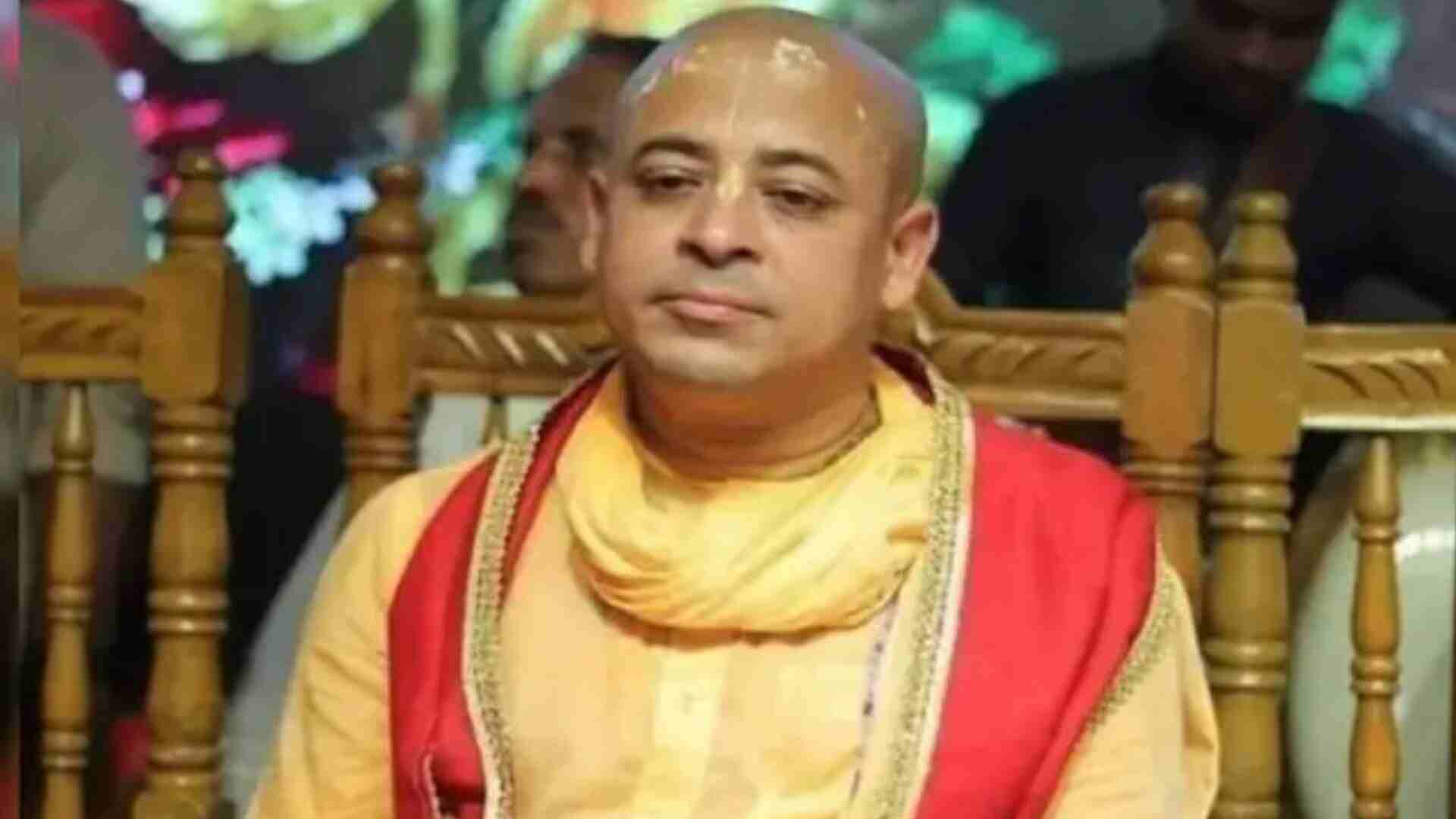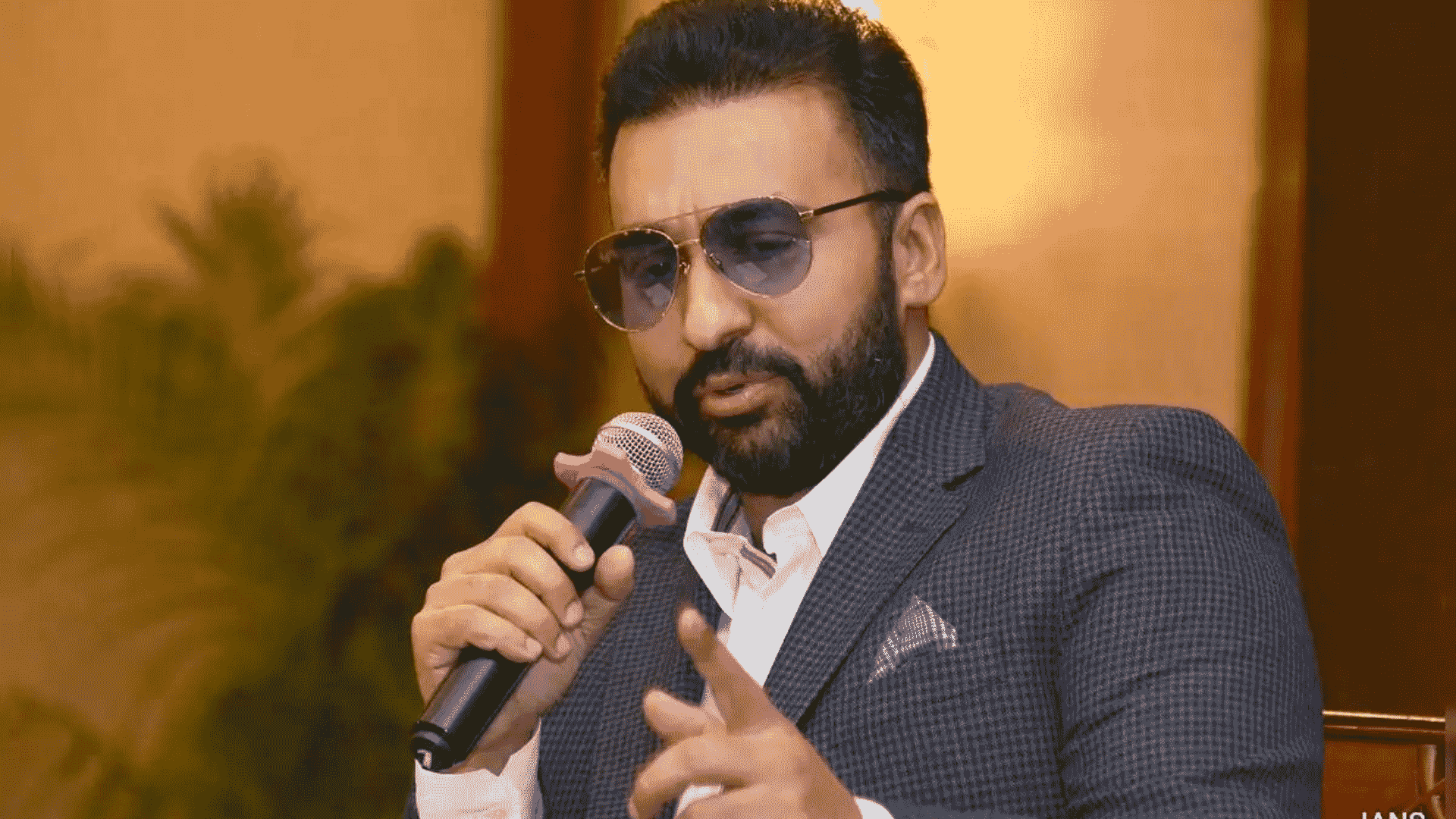
The medical potential of marijuana is a subject of growing interest in the medical community. Recent research has revealed that this plant contains compounds that might aid in combating certain cancers and reducing nausea in patients undergoing cancer treatments like chemotherapy. Additionally, positive results have been observed in using marijuana to alleviate seizures in epilepsy and tremors in Parkinson’s Disease.
Despite these promising developments, the use of marijuana for medical purposes remains a legal controversy in many countries. While some federal laws prohibit its use, others have decriminalised medical cannabis and permitted marijuana dispensaries. In this complex legal landscape, marijuana doctors emerge as essential figures who navigate uncharted territories to provide optimal treatment options for patients. So who are the cannabis doctors, and how are they advancing healthcare?
Plant alternative prescribing doctors are licensed physicians with all the necessary qualifications and privileges to practise medicine in the country. They may specialise in specific areas of medicine, such as oncology or gynaecology, or they might be general practitioners. However, what sets them apart is their willingness and expertise in prescribing medical cannabis as a treatment option.
Marijuana doctors undertake extensive research on the proven uses and potential side effects of cannabinoids as controlled substances. Their commitment to patient safety and medical ethics guides their decisions when recommending medical cannabis. They stay informed about state laws and regulations, ensuring that they remain in compliance with the legal requirements surrounding medical cannabis prescriptions.
Plant-prescribing doctors bring a unique skill set to patient evaluation, utilising their expertise to determine the suitability of medical cannabis for a patient’s condition. They carefully assess the patient’s medical history, current symptoms, and any previous treatments attempted to ensure that medical cannabis is considered only when appropriate and safe for the patient.
Once a patient is deemed a potential candidate for alternative treatment, the doctor has the responsibility of making a recommendation for the best course of action. This includes selecting the most suitable cannabis strains, delivery methods (such as tinctures, edibles, or vaporisers), and dosages tailored to the patient’s specific needs.
One of the key aspects of integrating medical cannabis into mainstream healthcare is the seamless collaboration between cannabis doctors and other healthcare professionals. Recognising the importance of a multidisciplinary approach, prescribers liaise with primary care physicians, therapists, and pharmacists to ensure coordinated patient care.
Effective communication is paramount in this process, as cannabis doctors must provide detailed information about the treatment plan, potential side effects, and interactions with other medications. By fostering a spirit of cooperation and sharing their expertise, plant-prescribing doctors help to dispel misconceptions and concerns among their peers, ultimately promoting the integration of medical cannabis into the broader healthcare system.
Incorporating medical cannabis into mainstream medicine has been a significant breakthrough in providing alternative treatment options for patients with various medical conditions. However, alongside its growing acceptance, legal and regulatory challenges persist, creating hurdles for the medical community. To effectively navigate this complex landscape, cannabis doctors must remain vigilant in staying up-to-date with the evolving legal framework surrounding medical cannabis prescriptions.
Compliance with the law is paramount. As medical cannabis remains a controlled substance, there are strict guidelines and regulations that doctors must follow to ensure responsible and safe usage. Obtaining special certifications is often a prerequisite for prescribing medical cannabis, and doctors must adhere to the specific requirements outlined by the governing bodies in each territory.
Record-keeping practices are of particular importance in the medical cannabis arena. Accurate and comprehensive documentation of patient evaluations, treatment plans, and progress is crucial not only for patient care but also for legal purposes. Prescribing doctors must maintain meticulous records to demonstrate the legitimacy and necessity of medical cannabis recommendations and to protect themselves from potential legal challenges.
Moreover, doctors must have a deep understanding of the limits and scope of medical cannabis use. They must be well-informed about the approved medical conditions for which cannabis can be prescribed, the appropriate dosages, and the potential interactions with other medications. This knowledge ensures that patients receive the most effective and safe treatment possible, and it helps safeguard the reputation and credibility of cannabis doctors in the medical community.
The impact of cannabis doctors’ practices on patient outcomes is a crucial metric in assessing the effectiveness of integrating medical cannabis into the healthcare system. Numerous patient testimonials highlight the positive experiences of individuals who have benefitted from cannabis-based treatments under the guidance of knowledgeable and compassionate doctors.
People suffering from chronic pain, epilepsy, multiple sclerosis, and other severe illnesses often report significant improvements in their quality of life after incorporating medical cannabis into their treatment plans. Additionally, the reduced reliance on traditional pharmaceutical medications and their associated side effects has been a considerable benefit observed by many patients.
As the medical marijuana industry is relatively new, it is crucial for patients to avoid fraudulent transactions and seek legitimate medical practitioners. Referrals from trusted friends who have used medical marijuana can be an excellent starting point for finding a reliable doctor. It is essential to remember that not all physicians may be willing to recommend medical cannabis, and it is acceptable to consult a specialised marijuana doctor while continuing to see a regular physician.
Trusted websites and apps, like Healing Leaves, can help patients locate TGA doctors in their area who are experienced in prescribing cannabis treatments. Developing a good rapport with the doctor is essential, ensuring open communication about the patient’s needs and the effectiveness of the recommended treatment.
Cannabis doctors occupy a pivotal position in the evolving landscape of medical cannabis legalisation. By bridging the gap between traditional medical practices and innovative plant-based therapies, these specialised physicians offer patients a promising path to relief from various medical conditions.
As research continues to unveil the vast therapeutic potential of medical cannabis, the role of TGA-prescribing doctors will remain vital in ensuring the safe, responsible, and effective use of this alternative form of treatment. With ongoing education, collaboration, and advocacy, these doctors are driving the shift towards a more inclusive and patient-centric approach to healthcare.














